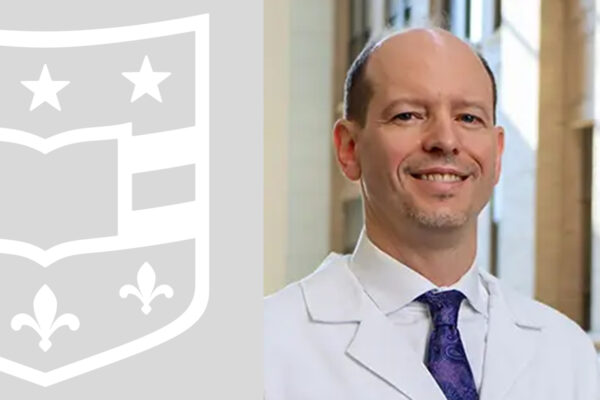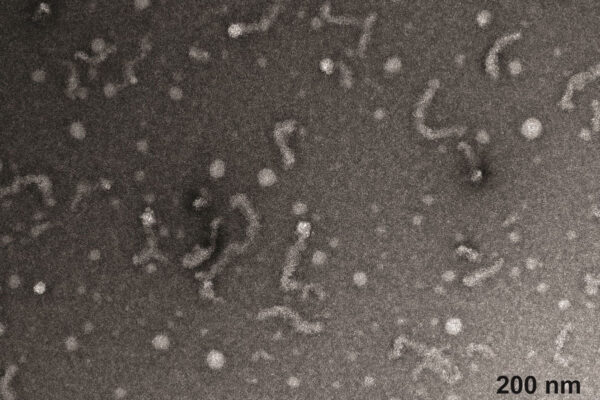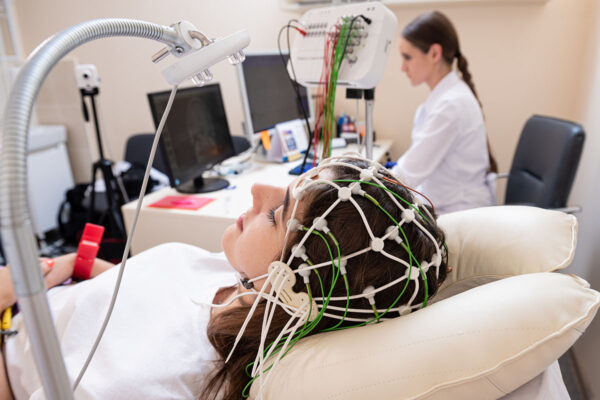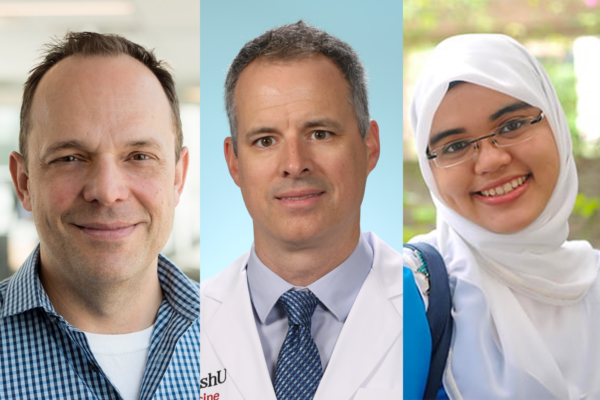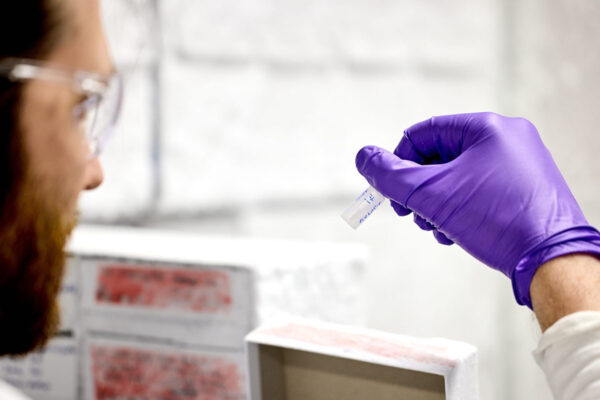Creed to study dopamine system changes in chronic nerve pain
Meaghan Creed, an associate professor of anesthesiology at WashU Medicine, has received a $3.3 million five-year grant from the National Institute on Drug Abuse to study dopamine system changes underlying depression symptoms in people with chronic neuropathic pain.
Prime time for fiber optics to take a deep dive into brain circuits
A group of researchers from Washington University in St. Louis has created a new kind of fiber-optic device to manipulate neural activity deep in the brain.
Smyser named director of the Division of Pediatric & Developmental Neurology
Christopher D. Smyser, MD, a renowned pediatric neurologist specializing in neonatal neurology and infant brain development, has been appointed director of the Division of Pediatric & Developmental Neurology in the Department of Neurology at WashU Medicine.
Social conflict among strongest predictors of teen mental health concerns
A new study by WashU researchers showed that family fights and peer bullying outweighed other risk factors for depression and other mental health problems, with adolescent girls suffering more than boys.
WashU chemists reveal new insights into ALS-linked protein
Using advanced biophysical and imaging techniques, Meredith Jackrel and her team at Washington University in St. Louis have isolated the protein Matrin-3 to better understand its role in neurodegenerative diseases.
Personalized brain modeling of anesthetic effects to predict antidepressant response
Neuroscientists, clinicians and engineers at Washington University in St. Louis seek to develop personalized medicine strategies for refractory depression that would tailor drug dosage based on a patient’s age, genetics, health conditions, brain dynamics and neural circuits.
Novel technologies underway to help those with spinal cord injuries move
A multidisciplinary team of researchers at Washington University in St. Louis plans to investigate the neural mechanisms behind various controls of transcutaneous spinal cord stimulation in generating different leg movements with a five-year, nearly $3 million grant the National Institutes of Health (NIH).
New study may help uncover childhood lead exposure’s true impact
Data scientists at Washington University in St. Louis used new statistical tools to find that the association between lead exposure and academic test scores may be even stronger than previously suspected.
Mouse study links chronic pain to disrupted sleep patterns
Researchers at WashU Medicine have developed the first mouse model to replicate the disrupted sleep patterns seen in people with chronic pain.
WashU Medicine selected for Parkinson’s disease training program
WashU Medicine is one of eight academic medical centers to be selected for the Edmond J. Safra Fellowship in Movement Disorders. The program will provide funding to train a movement disorder specialist in the Department of Neurology.
Older Stories


